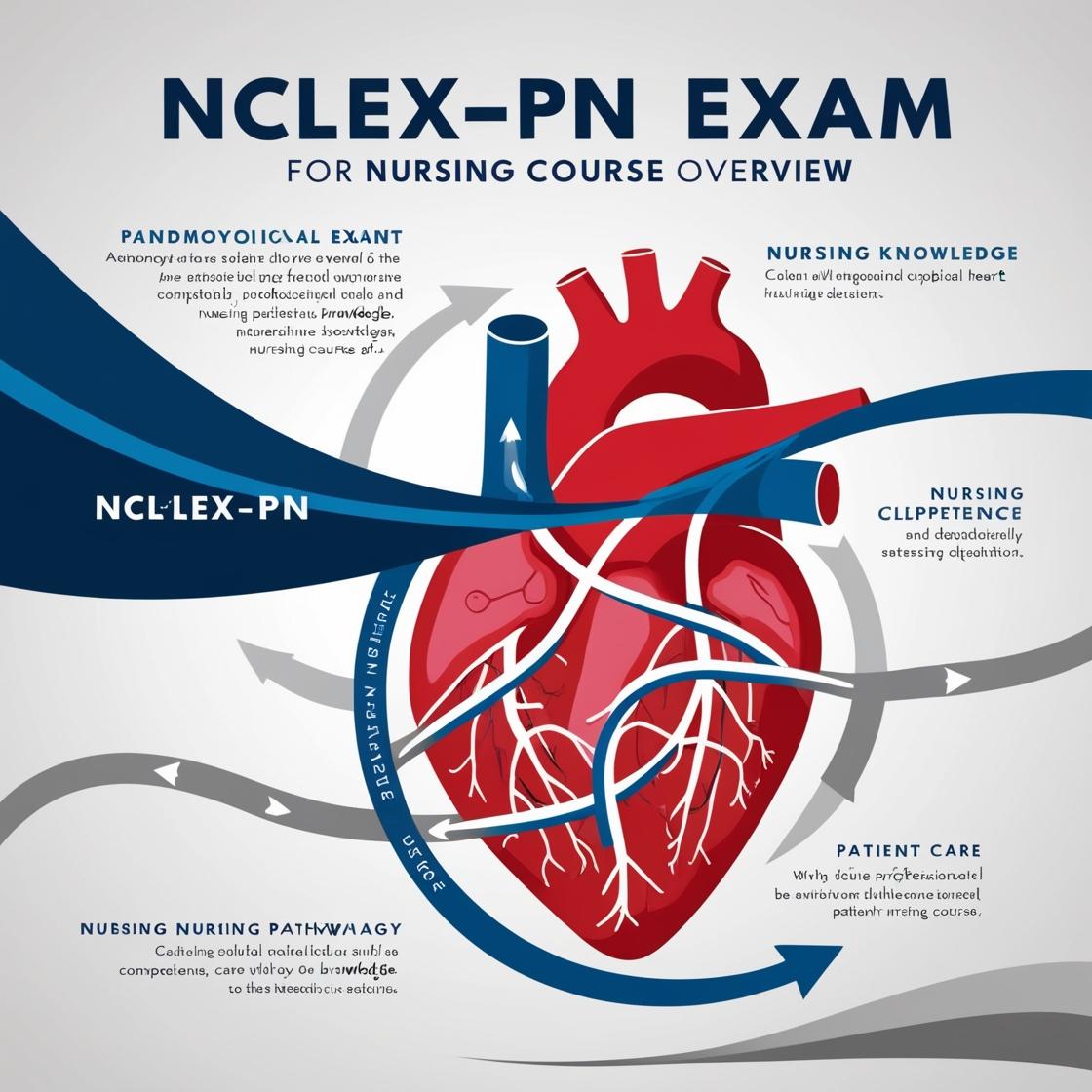NCLEX-PN
Health Promotion and Maintenance NCLEX Questions
1. To improve overall health, the nurse should place the highest priority on assisting a client to make lifestyle changes for which of the following habits?
- A. drinking a six-pack of beer each day
- B. eating an occasional chocolate bar
- C. exercising twice a week
- D. using relaxation exercises to deal with stress
Correct answer: A
Rationale: To improve overall health, the nurse should prioritize assisting the client in making lifestyle changes that have the most significant impact on health. Drinking a six-pack of beer each day can have serious negative effects on health, including liver damage, increased risk of chronic diseases, and addiction. By addressing this habit first, the nurse can make a substantial positive difference in the client's health. Eating an occasional chocolate bar, exercising twice a week, and using relaxation exercises to deal with stress are beneficial habits, but they are not as detrimental to health as excessive alcohol consumption. Therefore, they are not the highest priority for immediate lifestyle changes to improve health.
2. A new mother is being discharged from the maternity unit and provided with information about signs and symptoms to report to her health care provider. Which statement by the mother indicates a need for further information?
- A. ''I will call my nurse-midwife if I experience any redness, swelling, or tenderness in my legs.''
- B. ''My temperature needs to remain within a normal range.''
- C. ''Frequent urination and burning when I urinate are expected.''
- D. ''Feelings of pelvic fullness or pelvic pressure are a sign of a problem.''
Correct answer: C
Rationale: The correct answer is 'Frequent urination and burning when I urinate are expected.' This statement by the mother indicates a need for further information because these symptoms are not normal and could indicate a urinary tract infection or another issue that needs medical attention. The other choices correctly reflect signs and symptoms that should be reported to the health care provider. Redness, swelling, or tenderness in the legs can indicate a blood clot, and feelings of pelvic fullness or pressure can be signs of a problem. Monitoring temperature is also important to ensure there is no infection or other complications postpartum.
3. A nurse assisting with data collection plans to assess tactile (vocal) fremitus. The nurse performs this by using which technique?
- A. Palpating for symmetric chest expansion
- B. Auscultating the breath sounds over the trachea and larynx
- C. Auscultating the breath sounds over the peripheral lung fields
- D. Palpating the thorax, comparing vibrations from side to side as the client repeats the word 'ninety-nine'
Correct answer: D
Rationale: To assess tactile (vocal) fremitus, the nurse palpates the thorax and compares vibrations from side to side as the client repeats the word 'ninety-nine.' This technique helps in evaluating the intensity and symmetry of vibrations felt. Palpating for symmetric chest expansion involves assessing the expansion of the chest during breathing by placing hands on the anterolateral wall. Auscultating the breath sounds over the trachea and larynx is done to assess bronchial breath sounds, while auscultating over the peripheral lung fields is used to assess vesicular breath sounds.
4. A nurse is telling a pregnant client about the signs that must be reported to the health care provider. The nurse tells the client that the health care provider should be contacted if which occurs?
- A. Puffiness of the face
- B. Breast tenderness
- C. Morning sickness
- D. Urinary frequency
Correct answer: A
Rationale: During pregnancy, it is important to be aware of danger signs that warrant contacting the healthcare provider. Puffiness of the face, especially around the eyes, can indicate a serious condition like preeclampsia. Other danger signs include vaginal bleeding, rupture of membranes, severe abdominal pain, visual disturbances, persistent vomiting, and changes in fetal movements. Morning sickness, breast tenderness, and urinary frequency are common symptoms of pregnancy and are not typically concerning unless they become severe or persistent, and do not usually require immediate medical attention.
5. What is the most appropriate initial action for a newborn infant with low blood glucose?
- A. Ask the registered nurse to draw another blood sample in 2 hours and repeat the test
- B. Contact the healthcare provider
- C. Contact the registered nurse
- D. Document the results in the newborn's medical record
Correct answer: C
Rationale: The blood glucose level for a newborn infant should remain greater than 40 mg/dL to prevent permanent brain damage. When dealing with low blood glucose in a newborn, the most appropriate initial action is to contact the registered nurse. The nurse will obtain prescriptions regarding feeding the infant with low blood glucose and follow agency policies on feeding infants in such conditions. It is common practice to feed the infant if the glucose level is 40 mg/dL or less. Asking the registered nurse to draw another blood sample in 2 hours and repeating the test is not the most appropriate immediate action, as timely intervention is crucial in this situation. Contacting the healthcare provider may cause unnecessary delays since the registered nurse is usually the first point of contact for immediate actions in this scenario. Documenting the results in the newborn's medical record is essential, but it is not the initial step in managing low blood glucose in a newborn.
Similar Questions

Access More Features
NCLEX PN Basic
$69.99/ 30 days
- 5,000 Questions with answers
- Comprehensive NCLEX coverage
- 30 days access @ $69.99
NCLEX PN Premium
$149.99/ 90 days
- 5,000 Questions with answers
- Comprehensive NCLEX coverage
- 30 days access @ $149.99
